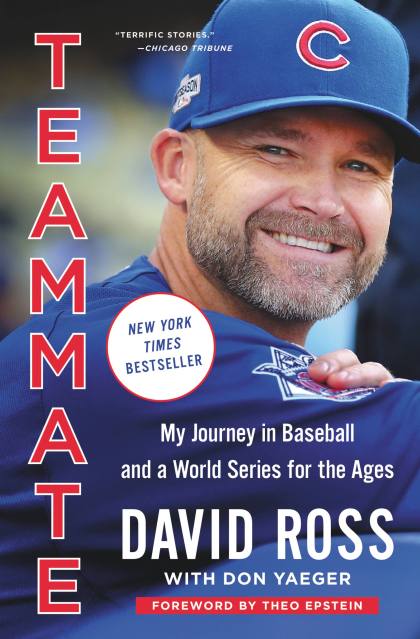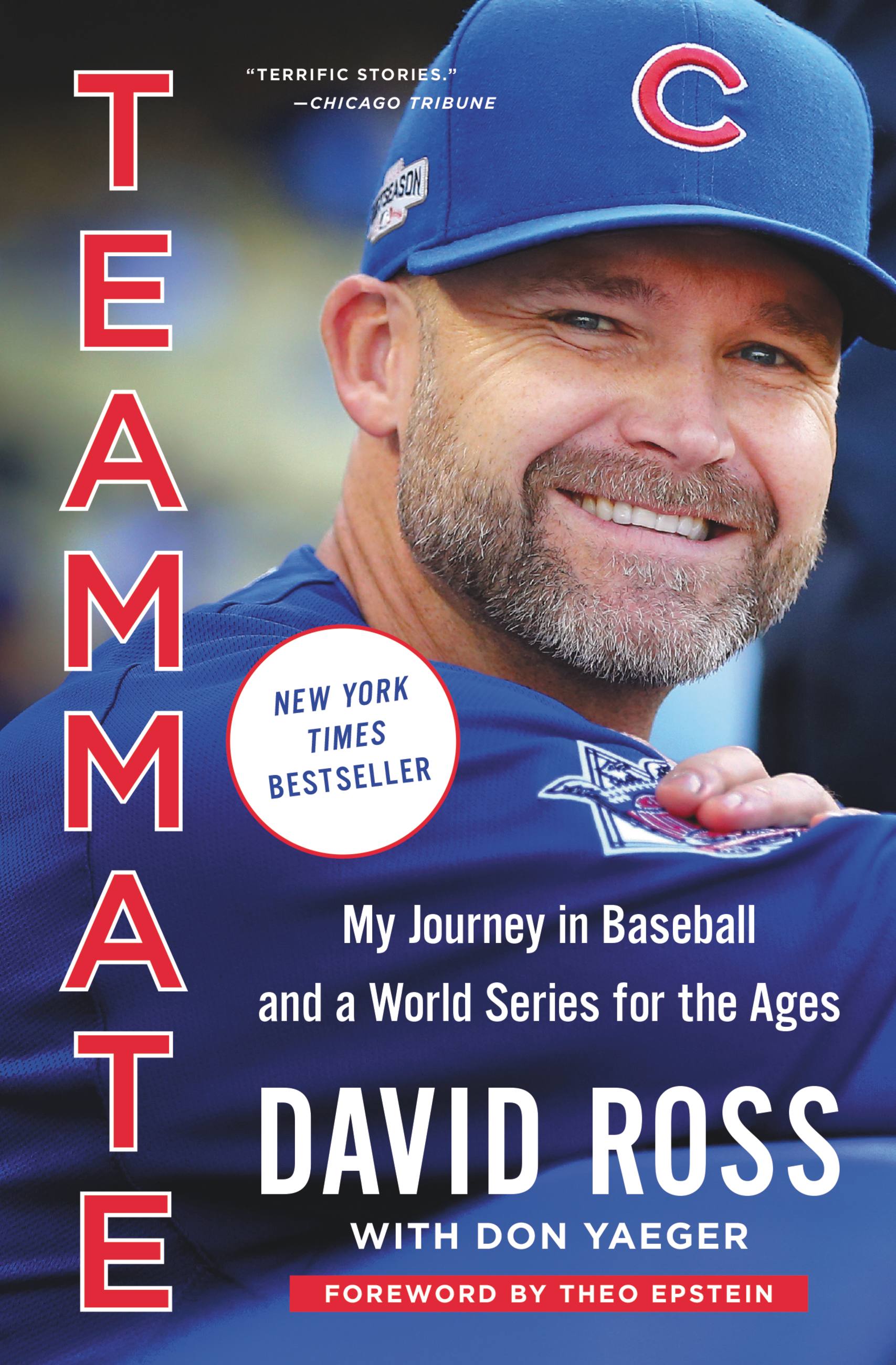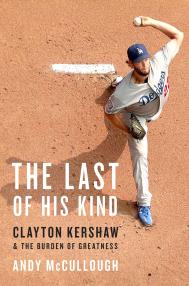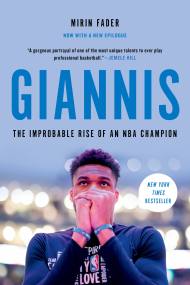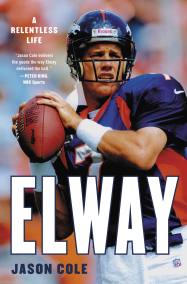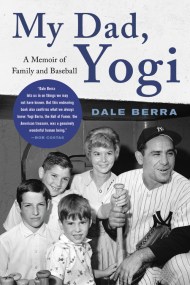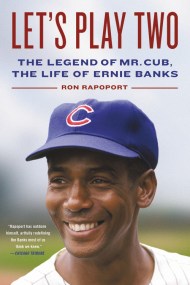Promotion
Use code MOM24 for 20% off site wide + free shipping over $45
Teammate
My Journey in Baseball and a World Series for the Ages
Contributors
By David Ross
With Don Yaeger
Foreword by Theo Epstein
Formats and Prices
Price
$14.99Price
$12.99 CADFormat
Format:
- ebook $14.99 $12.99 CAD
- Audiobook Download (Unabridged)
- Trade Paperback $17.99 $22.99 CAD
This item is a preorder. Your payment method will be charged immediately, and the product is expected to ship on or around May 9, 2017. This date is subject to change due to shipping delays beyond our control.
Also available from:
In 2016 the Cubs snapped a 108-year curse, winning the World Series in a history-making, seven-game series against the Cleveland Indians. Of the many storylines to Chicago’s fairytale season, one stood out: the late-career renaissance of David Ross, the 39-year-old catcher who had played back-up for 13 of his 15 pro seasons.
Beyond Ross’s remarkably strong play, he became the ultimate positive force in the Cubs locker room, mentoring and motivating his fellow players, some of them nearly twenty years his junior. Thanks to Cubs Kris Bryant and Anthony Rizzo, “Grandpa Rossy” became a social media sensation. No one, however, could have predicted that Ross’s home run in his final career at bat would help seal the Cubs championship.
Now, in Teammate, Ross shares the inspiring story of his life in baseball, framed by the events of that unforgettable November night.
Genre:
- On Sale
- May 9, 2017
- Page Count
- 272 pages
- Publisher
- Hachette Books
- ISBN-13
- 9780316559423
Newsletter Signup
By clicking ‘Sign Up,’ I acknowledge that I have read and agree to Hachette Book Group’s Privacy Policy and Terms of Use
